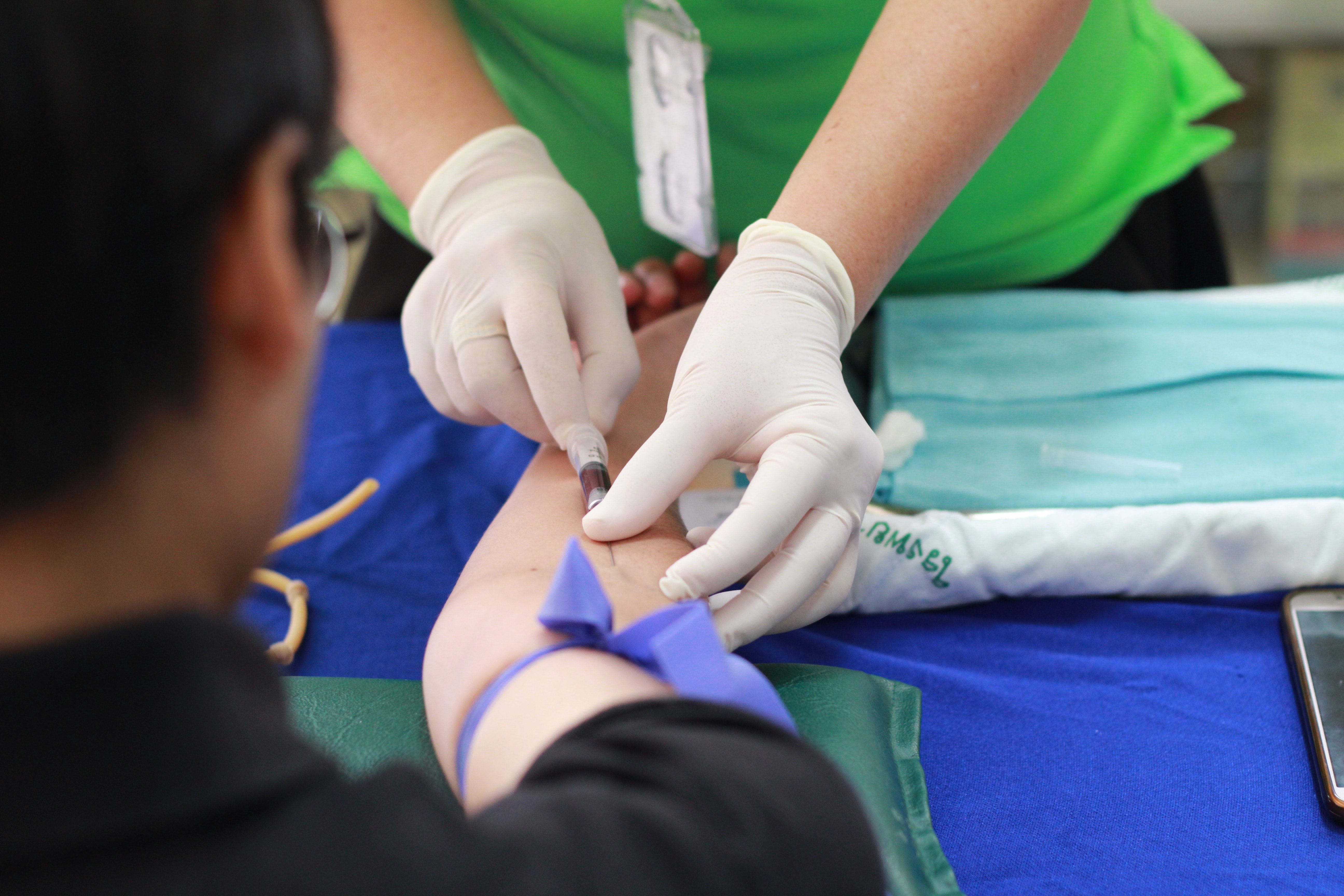Naturally we graduate quality, compassionate, ethical nursing students; this is what we stand for....
The mission of the IECC ADN program is to prepare the nursing graduate to function within the scope of practice of the associate degree nurse.
More specifically, curriculum involves the integration of nursing science from basic to complex, including knowledge, practice, and the application of critical thinking and clinical judgment in nursing care. The nursing program admits qualified students who develop academic skills and application strategies to become caring, competent, and professional registered nurses. Experienced, knowledgeable, diversified faculty serve as facilitators, educators, advisors, role models, and advocates to stakeholders.
Our vision is to inspire, empower and equip future nurses with the capability of addressing the challenges of a complex and diverse healthcare environment within the community and beyond.
Respect
We create a positive environment by treating all people with mutual respect and sensitivity, recognizing the importance of their contribution and diversity.
Ethical Integrity
We endeavor to adhere to a consistent standard of ethical behavior that is grounded in the ANA Code of Ethics for Nurses, respecting the dignity, self-determination, and worth of all persons across the lifespan.
Responsibility
We inspire a supportive environment through continuous improvement in knowledge and understanding. We provide quality care by encouraging personal growth, learning, and accountability for one’s actions.
Stewardship
Accepting our responsibility to be good stewards of the public trust, we will sensibly use our financial, human, and physical resources to improve health outcomes for the communities we serve.
Accessibility
Providing the support to obtain educational goals through the availability of quality instruction and mentoring, along with financial and academic resources.
The values of the IECC/OCC Associate Degree Nursing program are congruent with the values of Illinois Eastern Community Colleges, District #529.
The vision, values, mission, purposes, and philosophy of the Nursing Program supports the mission and purposes of Illinois Eastern Community Colleges. The philosophy reflects the nursing faculty’s view of the person, health, nursing practice, nursing education, the teaching-learning process, and the practice and roles of the associate degree graduate.
Upon entry into practice, the graduate is prepared to perform the competencies inherent in the three interrelated roles of nursing:
- Provider of client-centered care
- Manager of client centered care
- Member within the profession.
The nursing faculty believe the following:
- Nursing education is the process by which students engage in learning experiences that develop the cognitive, affective, and psychomotor abilities necessary for safe nursing practice.
- Learning involves three domains: cognitive, affective, and psychomotor. The cognitive domain pertains to knowledge, critical thinking, clinical judgment, and integration of best evidence into practice; the affective domain to attitudes and values; and the psychomotor domain to skills involving physical action.
- The learning process is facilitated when faculty and students function with integrity. The faculty serves as a facilitator and resource person and as a stimulus for critical thinking and intellectual inquiry.
- Faculty/student collaboration is essential in providing a quality and engaging educational experience that prepares students for current nursing practice. Faculty annually review program content and measure student achievement of program learning outcomes to prepare students for transition to practice.
The faculty promote a learning environment conducive to self-motivation and individuality. Within this climate of mutual respect and civility, students and faculty share in a cooperative spirit of inquiry, learning, and teaching. The faculty strive to promote a well-structured, evidenced-based curriculum focused on client-centered care.
